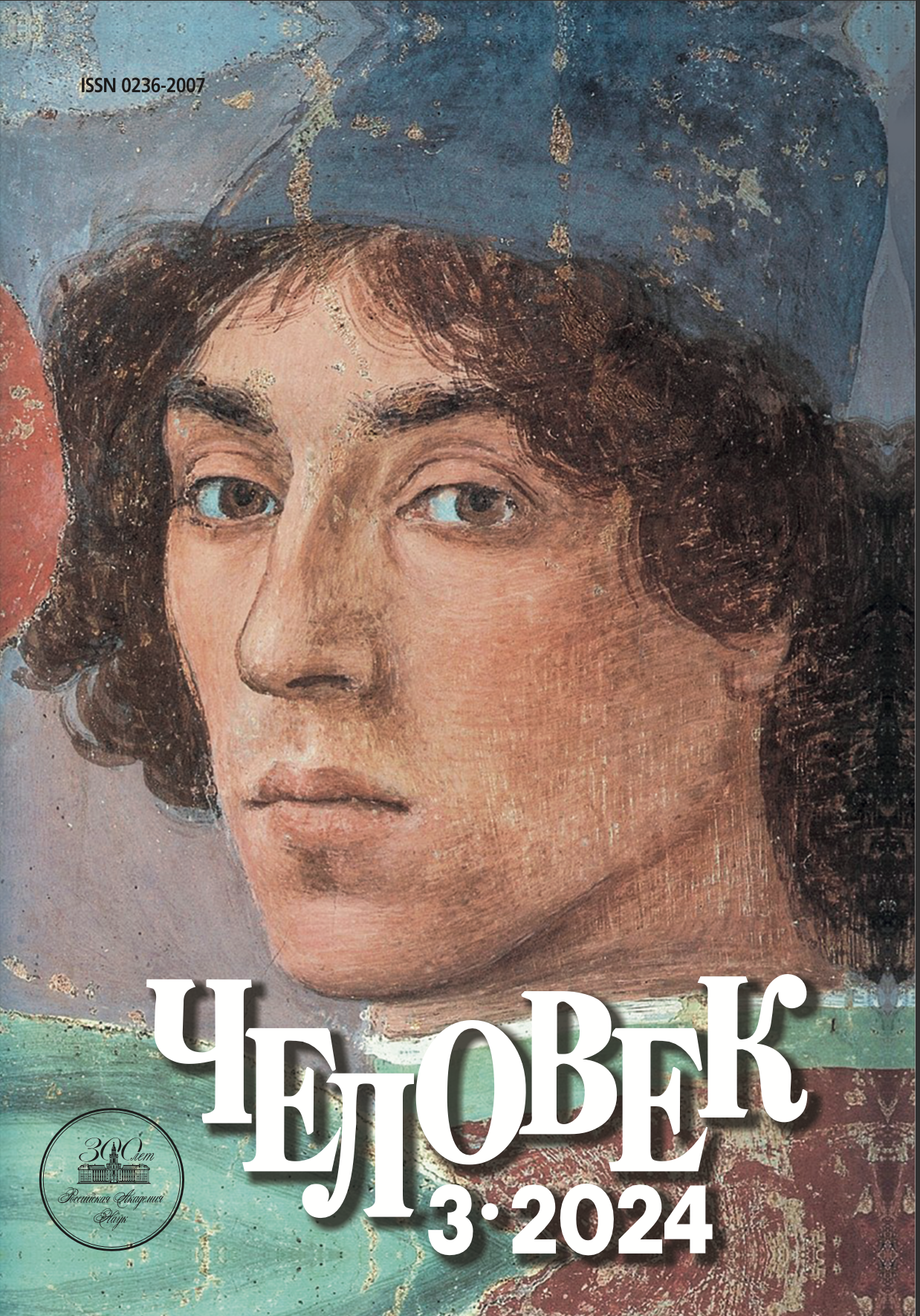The Problem of Moral Heroism in O.G. Drobnitskii’s Ethics
DOI:
https://doi.org/10.31857/S0236200724030023Keywords:
morality, ethics, moral heroism, selfless devotion to a cause, supererogation, good, value, duty, O.G. DrobnitskiiAbstract
The solution of the problem of moral heroism by the famous Soviet ethicist O.G. Drobnitskii is analyzed. The essence of the problem lies in the fact that the value-normative content of morality is traditionally interpreted as universal, though moral heroism paradoxically implies performing exceptional acts or leading an exceptional way of life (separate heroic deeds or long-term altruistic service). In contemporary ethics, moral heroism is characterized primarily as a form of supererogatory behavior, i.e., having high moral value but not obligatory. The existence of such behavior is explained by the mismatch between the two moral classifications of actions: deontic and axiological. For critics of supererogation, allowing this mismatch is identical with ignoring the obvious good-ought tie-up. Drobnitskii held a position similar to that of the critics of supererogation. For him, the ought-moment of morality has an absolute priority over the value-moment. It follows that, for him, it is impossible to identify an action as morally positive, promoting the moral good and not consider it a fulfillment of some requirement (an obligatory one). The idea of supererogation is incompatible with Drobnitskii’s strict universalism, objectivism and imperativism. However, he considers moral heroism to be a real phenomenon and a product of the individualization of moral requirements. Drobnitskii understands moral heroism and selfless devotion to a cause as transformations of general moral duty in special, extreme circumstances. A moral hero fulfils some additional obligations and surrenders some of his rights, and he is also able to act in situations where implementing moral principles requires self-sacrifice, but does not entail obvious morally significant results in the short-term perspective.






